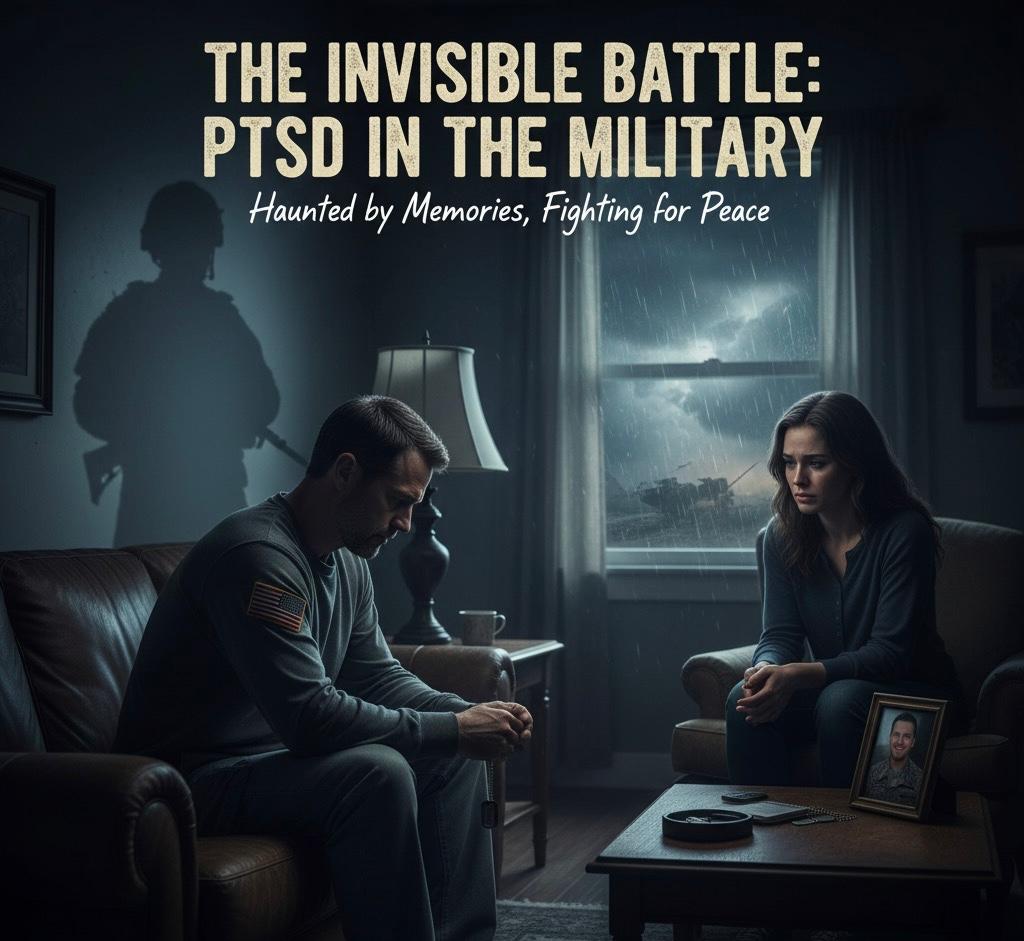Trauma is an emotional response to a deeply distressing or disturbing event that overwhelms an individual’s ability to cope, causes feelings of helplessness, diminishes their sense of self, and their ability to feel a full range of emotions and experiences. It is not the event itself, but a person’s subjective experience of the event that determines whether an event is traumatic. This article, guided by psychological research, explores the signs of trauma and offers advice from psychologists on recognizing and managing it.
Understanding Trauma
Trauma can stem from a wide array of experiences, including, but not limited to, physical or sexual assault, serious accidents, natural disasters, or the sudden loss of a loved one. The American Psychological Association (2013) defines trauma as an emotional response to a terrible event like an accident or natural disaster. However, responses to traumatic events can vary significantly among individuals, with some developing Post-Traumatic Stress Disorder (PTSD), while others adapt over time.
Recognising the Signs of Trauma
The effects of trauma can be immediate or delayed, lasting for weeks to years. Key signs include:
- Intrusive memories of the traumatic event, such as flashbacks and nightmares.
- Avoidance of reminders of the event, including places, activities, or conversations.
- Negative changes in thinking and mood, such as feelings of hopelessness, memory problems, and emotional numbness.
- Increased arousal and reactivity, such as irritability, angry outbursts, being easily startled, or self-destructive behavior (American Psychiatric Association, 2013).
Psychologists’ Advice on Addressing Trauma
- Acknowledgment: Acknowledging that you are experiencing symptoms of trauma is a vital first step towards healing. It’s important to recognize that your feelings are valid and that it’s okay to seek help.
- Professional Support: Consulting a psychologist or mental health professional in trauma can be incredibly beneficial. Evidence-based treatments for trauma include Cognitive Behavioral Therapy (CBT), Eye Movement Desensitization and Reprocessing (EMDR), and trauma-focused psychotherapy.
- Building a Support System: Sharing your experiences with trusted friends or family members can provide additional emotional support. Consider joining a support group where you can connect with others who have had similar experiences.
- Self-Care Practices: Engaging in regular physical activity, maintaining a healthy diet, practicing relaxation techniques (such as meditation or deep breathing exercises), and ensuring adequate sleep can help manage some of the physical and emotional stress associated with trauma.
- Educating Yourself: Learning about trauma and its impact can empower you to understand your reactions and engage more effectively in your recovery process.
- Patience with the Process: Recovery from trauma is a deeply personal and non-linear process. It’s essential to be patient with yourself and allow yourself to experience the range of emotions that come with healing.
Conclusion
If you’re wondering, “Do I have trauma?” and recognise some of the signs mentioned, it’s important to remember that help is available, and healing is possible. Trauma affects individuals differently, and what matters most is your personal experience and how you’re coping. By seeking professional support and utilising coping strategies, you can embark on a path toward recovery and regain a sense of empowerment over your life.
References
- American Psychological Association. (2013). APA Dictionary of Psychology. Washington, DC: American Psychological Association.
- American Psychiatric Association. (2013). Diagnostic and Statistical Manual of Mental Disorders (5th ed.). Arlington, VA: American Psychiatric Publishing.
How to get in touch
If you or your patient/NDIS clients need immediate mental healthcare assistance, feel free to get in contact with us on 1800 NEAR ME – admin@therapynearme.com.au.







